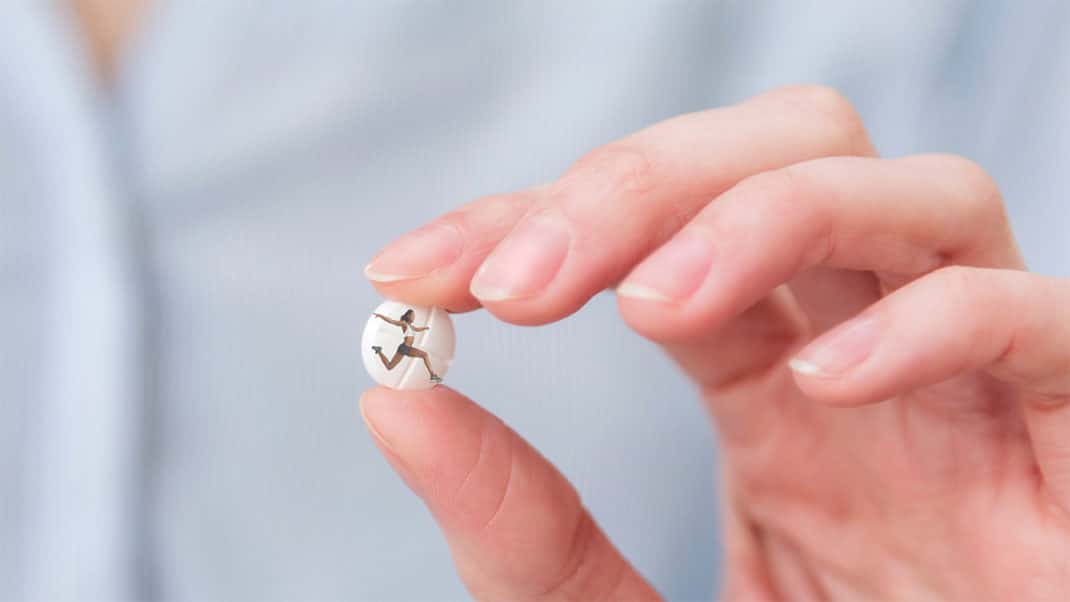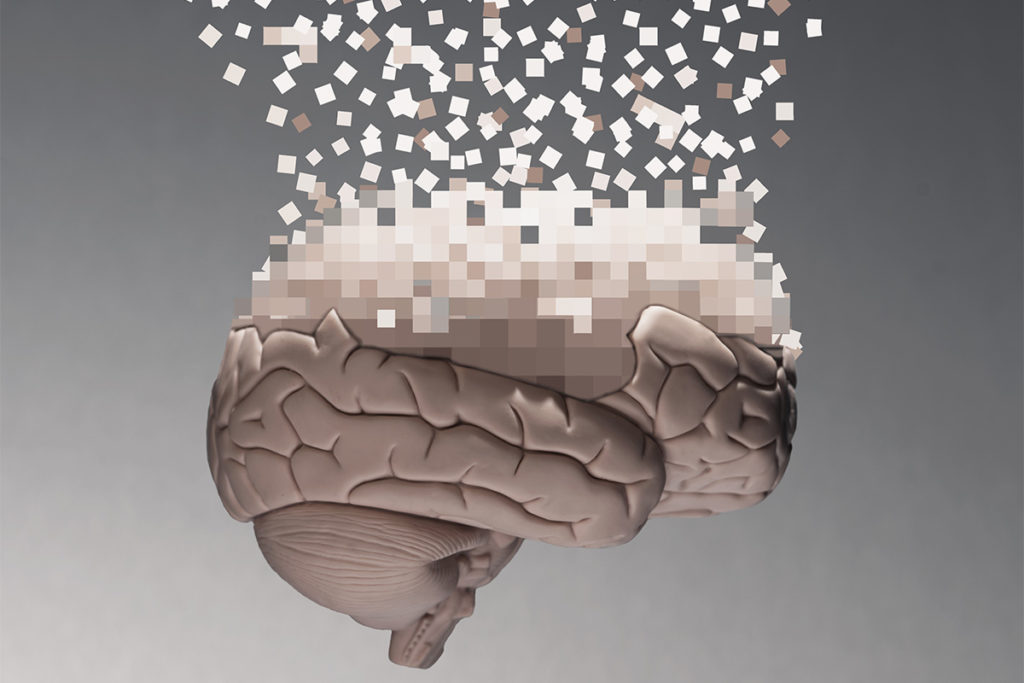Appetite For Exercise, Not Food
Why intense workouts tame hunger.

It seems counterintuitive, but working up a serious sweat may reduce—not increase—hunger.
Scientists from Canada’s Wilfred Laurier University determined that lactate—a molecule that is produced as a byproduct of intense exercise and builds up in muscles and blood—suppressed levels of ghrelin, a hormone that drives the desire to eat, and bumped up levels of two other hormones that reduce appetite. Among participants, subjective reports of hunger over the 90 minutes following a workout were indeed lower when lactate was higher.
The remaining question is whether subtle changes in appetite hormones have any meaningful impact on long-term patterns of calorie intake and body composition. But since this research offers evidence that intense exercise can affect weight management in a way that goes beyond mere calorie-burning, it’s more reason to turn up the heat, when possible, on your client workouts.
The research was published in the Journal of Applied Physiology.
See also: Can Spices Help Suppress Appetite?
Matthew Kadey, MS, RD
Matthew Kadey, MS, RD, is a James Beard Award–winning food journalist, dietitian and author of the cookbook Rocket Fuel: Power-Packed Food for Sport + Adventure (VeloPress 2016). He has written for dozens of magazines, including Runner’s World, Men’s Health, Shape, Men’s Fitness and Muscle and Fitness.





